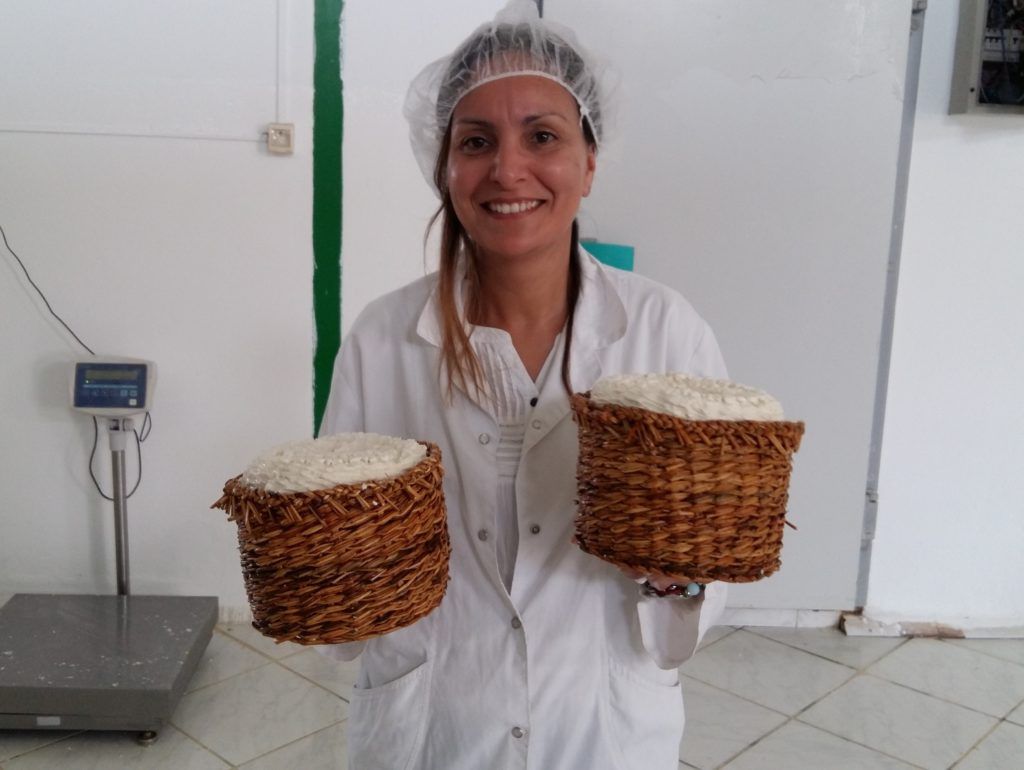Voices from the field
Rim Ben Younes
"In the end, the Tunisians spoke Italian, the Italians spoke French and also some words of Arabic."
In January 2011, the Arab Spring is unleashed on the streets of Tunis. At that time, I had to present my doctorate in September 2011 at the university of Tunis even if I was based in Sicily, on an Erasmus – AVERROES mobility grant. In light of the situation in Tunisia, my colleagues advised me not to return to look for work and so I stayed in Sicily.
In 2012, I signed a work contract with the university of Catania, which works in collaboration with the CoRFiLaC research centre. It was on this occasion that I began to work on a project of cooperation between Sicily and Malta. I had also heard of the cooperation programme between Sicily and Tunisia. The idea then came to make the connection between these two countries in one of the areas I know well: production of sheep milk and the artisanal cheese derived from this.
At the time, in collaboration with CoRFiLaC, we introduced a research project on the improvement of dairy sheep production and to work on the certification of artisanal cheese. I was perfectly aware of the Tunisian needs and the Sicilian practices and I knew that the certification of the cheese would be an asset for the producers of my country. There is a dairy sheep breed in Tunisia that was brought over there decades ago by the Sicilians. This Tunisian Sicilo-Sarde dairy sheep is the only dairy breed in Tunisia, since sheep are generally used for meat production in the country. I also knew that the Sicilians would have much to learn from this exchange.
Today, despite some initial challenges, everyone is convinced that this experience is not merely a success, but that it must continue in the future. Everyone has gained so much from a technical perspective but also from a human point of view.
Thanks to the project, the quality of cheese production has improved and the sheep have benefited from much better grazing in Tunisia. As for the Sicilian cheese producers, several were able to go to Tunisia and observe the more traditional methods of making artisanal cheese. These practices were those of their grandfathers, who came to Tunisia decades ago. The exchange of know-how for the improvement of cheese production was clearly the added value of the collaboration between the two countries.
Programme: Italy-Tunisia ENPI CBC 2007-2013
Project: http://hilftrad.eu
Rim Ben Younes is a young Tunisian researcher living in Sicily. Her story began in September 2009. Rim was then a doctoral student at the Tunisian National Institute of Agronomy in Tunis. She obtained a mobility grant from ERASMUS – AVERROES for her studies. She then went to the university of Catania in Sicily where she began her collaboration with the CoRFiLaC research centre in Ragusa. Rim is an expert in agronomy and animal milk production. She has a passion for her job and her home country.




















